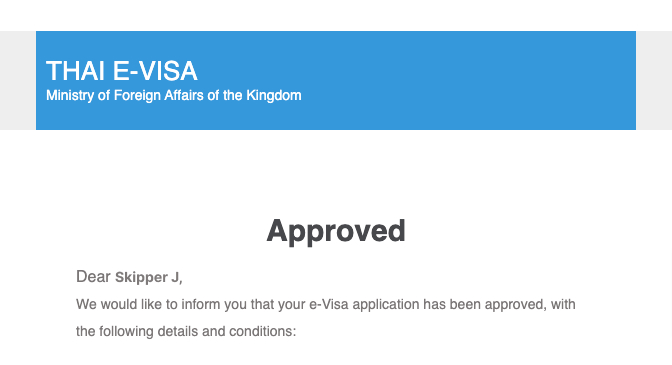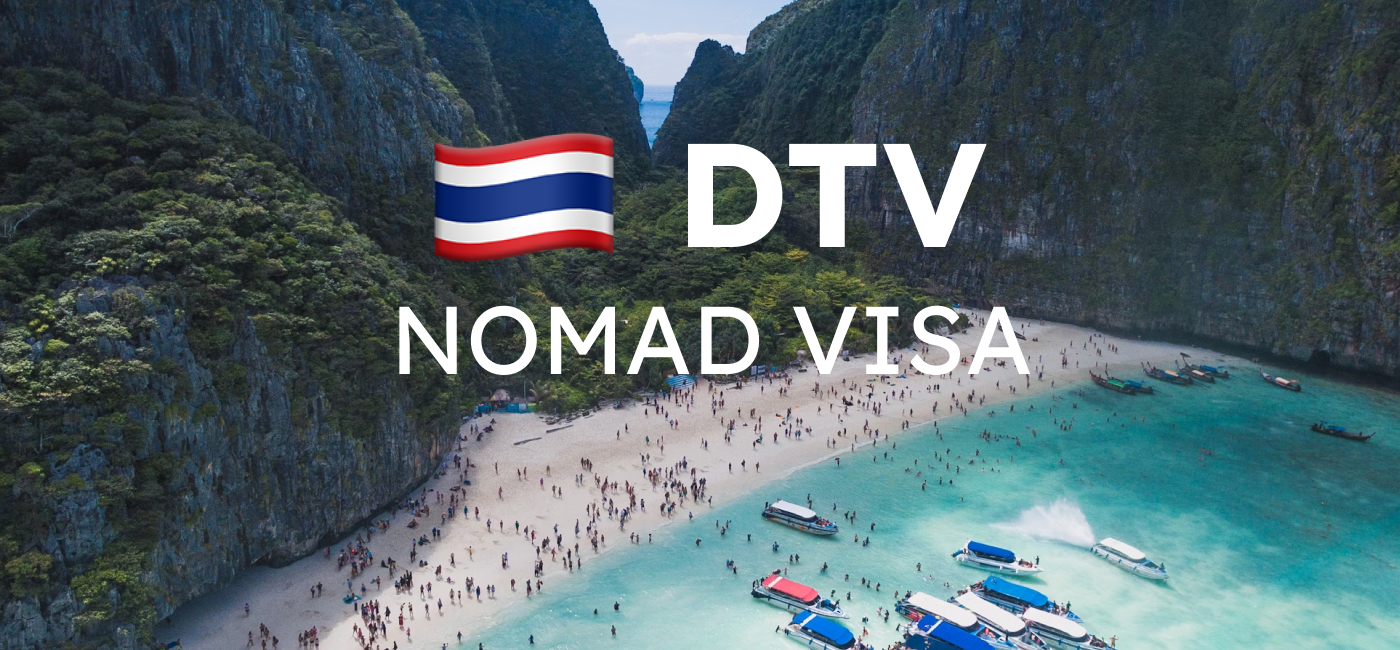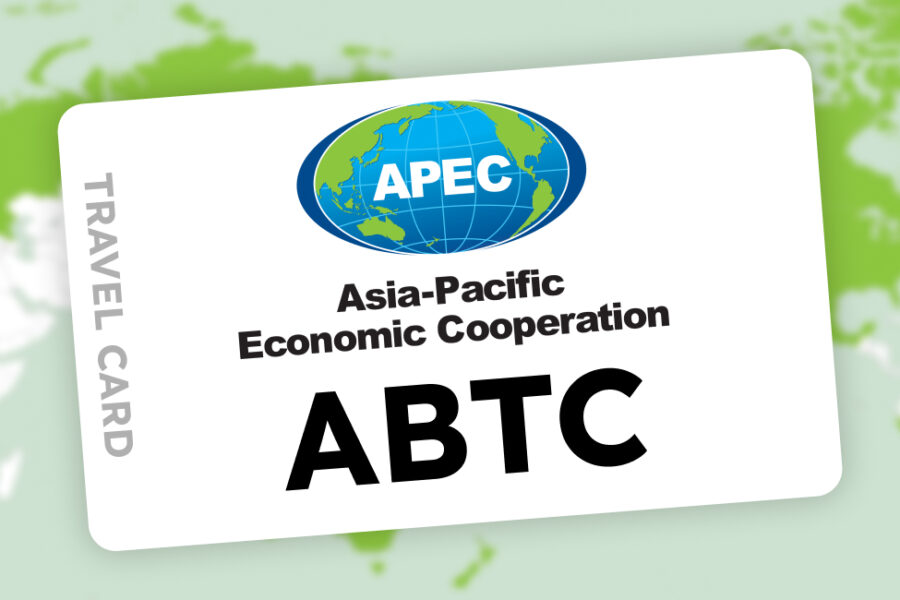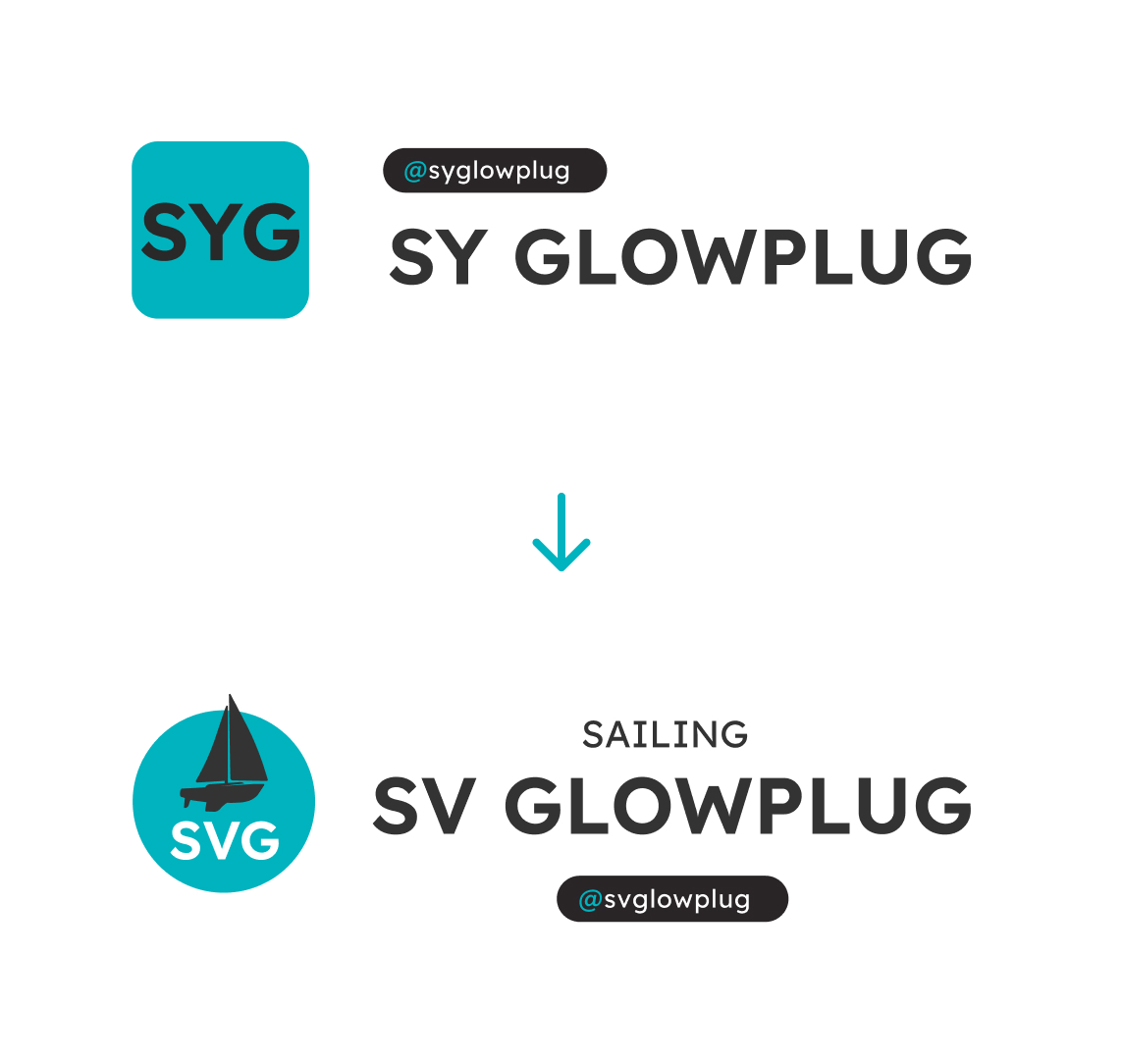TLDR:
- You can Apply for the visa online from the Official Thai E Visa site https://www.thaievisa.go.th/visa/dtv-visa
- I was asked to submit additional documents twice and it took around 3-4 weeks to complete.
- The visa is a five year multi entry visa for nomads, remote workers, with 6 month blocks which can be extended an additional 6 months once a year each year.
Last update: 1st Oct 2024. This page will be updated whenever I find something new.
About the DTV
Finally, the Destination Thailand Visa (DTV) is available, and many people have already had their applications granted! This exciting new visa is specifically designed for digital nomads and remote workers, allowing them to live and work in Thailand.
At the end of 2023, Thailand’s immigration policies and visas were not particularly welcoming to remote workers. The requirements seemed to favor wealthy retirees or individuals in specific technical roles sponsored by large corporations, leaving little room for digital nomads seeking extended stays. However, in a bid to stimulate the economy, Thailand has now introduced the DTV, following the lead of forward-thinking nations like Malaysia. This new visa acknowledges the evolving digital landscape post-COVID and provides a more accessible pathway for remote workers to live and work in Thailand.
Key Features of the Destination Thailand Visa
The DTV offers numerous advantages for digital nomads:
- Long Validity: The visa is valid for five years with multiple entries (per entry).
- Extended Stay: Each entry allows a stay of up to 180 days, with the option to extend for another 180 days once per year, every year.
- Family Inclusion: The visa permits holders to bring their spouse and children under the age of 20.
- Cultural Activities: (Different supporting documents apply) The DTV covers various activities, including learning Muay Thai, Thai cooking, attending seminars, and participating in sports and medical treatments.
- Target audience: digital nomad / remote worker / foreign talent / freelancer seeking “workation”
Activating the Visa while in Thailand
I presume this needs to be done by leaving the country, it’s an e-visa. I have a trip booked to Vietnam in 2 weeks so that is the opportunity.
How many times can the DTV be extended? Can it be extended within Thailand?
Once a year, each year for the duration of the visa. Only requiring leaving Thailand once a year.
A good bit of research by Chris Parker RW4U Youtuber about some unknowns.
It’s not clear if the visa-can be extended in country. It’s not clear from the Ministry of Foreign Affairs.
Extending the visa – does this require more evidence or document submission?
Currently unknown.
This explains a lot:
Do I need to pay tax on my foreign income as a DTV Visa Thailand holder?
Anyone staying for over 180 days in a calendar year is deemed a tax resident and is subject to income tax on their worldwide income, including foreign-sourced income.
Can you get around this with double taxation agreements between your primary country of residence and Thailand or using a foreign Ltd? Maybe. For foreign companies, income generated from activities outside Thailand is generally not subject to Thai corporate income tax, as long as the company does not have a permanent establishment (PE) in Thailand. If your business is registered in Hong Kong, for instance, and you keep your income there without transferring it to Thailand, you may not be liable for Thai income tax on that income.
My Application Experience
I applied for the DTV on September 5, 2024 through the official Thai e-visa website.
I found and already booked a super cheap flight in advance to travel on the 25th Sept hoping the docs will be processed in the 3 weeks time.
The process was straightforward, and I paid a processing fee of 3,000 HKD while applying in Hong Kong.
Required Documents
To successfully apply for the DTV, I submitted the following documents:
- Passport photo page: A clear copy of my passport’s biodata page.
- Letter of Employment: I included a letter from my co-shareholder stating that I am authorized to work remotely for my company.
- Bank Statement: A PDF bank statement showing that I have at least 500,000 THB (approximately 107,670 HKD) in my account.
- Proof of Residence: I submitted my Hong Kong ID (Permanent HKID) as proof that I am currently residing in Hong Kong.
I have already used many Visa on Arrivals on trips to-and-from Langkawi and KL, and had a 6 month Tourism visa this year.
Update 17th Sept – I was asked for more documents
I was asked to provide more information via email, to be submitted via https://www.thaievisa.go.th/
- Financial evidence: amount of no less than 500,000 THB, e.g. bank statements, sponsorship letter : Full bank statement(s) with applicant’s name showing secure/stable liquid financial asset with ‘latest 3-month’ account activity details, in English or with certified English translation [Merge in ONE FILE]
- Other request documents: Employment contract
- Other request documents: Letter issued by employer stating status/position of applicant, duration of position details, salary/remuneration and work space detail/condition with authorized person signature
Letter from employer
My business partner who is authorised to sign as director gave me a letter to certify the following
- Company Information
- Name and address of Glowplug Limited
- Date of Letter
- Recipient Information
- Addressed to Thai Immigration Authority
- Subject of the Letter
- Employment verification
- Employee Identification
- Name
- Passport ID
- Position and roles
- Employment Details
- Status (Founder and Director)
- Start date
- Remuneration structure
- Work Environment
- Remote work details
- Availability during specific time zones
- Project Contributions
- List of digital projects and contributions
- Social media profiles related to programming and remote work
- Company website and blog relating to sailing and remote work
- Professional Interests
- Personal interests related to work
- Contact Information
- Invitation for further inquiries or documentation
- Signatories
- Names and titles of individuals signing the letter
Banks statements showing stable asset with last three months
I wasn’t able to export the last 2 months as PDF’s for some reason, however was able to generate an official PDF export of the recent tx’s and balance in internet banking from the website itself and attach the two July, June PDFs.
Employment Contract
I submitted my employment contract.
Additional Document Resources
This had additional information about what should be provided…
From Hong Kong Thai embassy website
Applicant must demonstrate that his/her occupation falls into one of the following categories: Remote Worker / Digital Nomad / Foreign Talent (Company Executives falls into this category) / Freelancer (blogger, influencer, artist)
Requested documents may include the following: employment certificate or contract indicating that the applicant can work full-time remotely (not required to be physically present in a fixed workplace), portfolio showing the applicant’s works, digital assets or social media accounts and business registration showing the applicant as an executive of the company.
Update 25th Sept – Another statement requested
I was asked to submit a bank statement for August specifically despite showing a screenshot of internet banking, an internet banking transaction PDF export, and writing a note on the screenshot that August statement is not available.
I had no bank statement available to download for this period on internet banking because there were no transactions. I had to call the bank and order paper copies to the UK (I’m currently back in Thailand). I have to wait now until those get photo’ed and sent to me by family by email.
I arrived in Thailand on the 25th on a UK passport VOA, something I don’t like using because it can only be done sparingly with so many Thai stamps in my passport now I have been taken to the side office for questioning before, all of which was ok, I was within the entry rules and limits.
Update 39th November – approved ! 🎊👏💐🥳🎊🎉🎉
I downloaded a September statement and submitted it with a note on an extra page in the PDF explaining that there is no August statement. The application was approved the next day!








